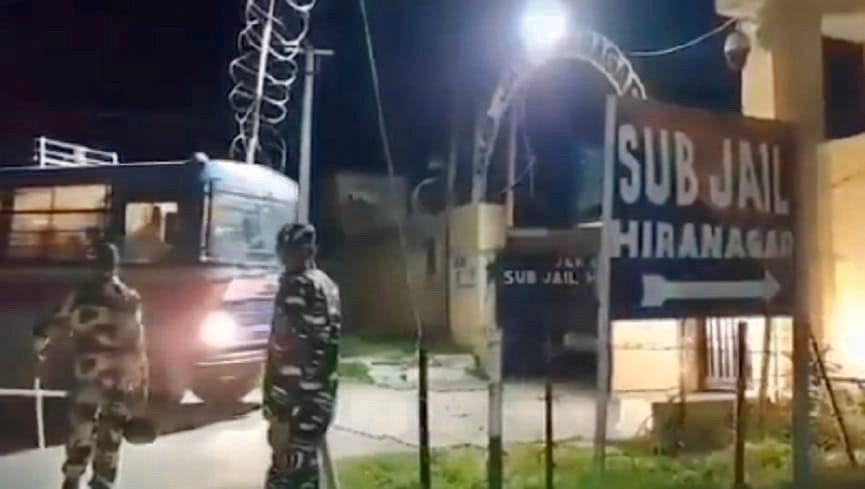India: Rohingya Refugees Fear Imminent Deportation as Communication is Cut Off
Fear of Deportation Mounts Among Detained Rohingya Refugees and their relatives in Hiranagar Sub Jail, Jammu and Kashmir, India.
Mounting fear grips the 269 Rohingya refugees detained at Hiranagar Sub Jail in Kathua, Jammu and Kashmir, India, as communication with their loved ones outside is abruptly cut off. The jail, which initially housed 155 of these refugees two years ago, has seen its detainee count swell due to additional arrests and a few births within its confines. This has transformed it into a holding centre that has ignited widespread concerns over the refugees' uncertain future. Weary and frustrated from their prolonged detention, the refugees voiced their desperation by launching a hunger strike in May 2023.
Local authorities promptly engaged in discussions with the Rohingya refugees following the protest. They assured the refugees that their case had been raised with the Central Government, and they would be released or deported once orders were received. Subsequently, the Rohingyas ended their hunger strike, placing their trust in the promises made by the jail authorities and resuming their meals.
However, it soon became evident that communication between the detainees and their families had been severed. Family members and friends not detained within the facility were barred from contacting their incarcerated loved ones by the wardens at the jail gate. This sparked concerns among them, as they feared that the Indian government might be preparing for an imminent deportation of the Rohingya refugees, hence the suspension of communication channels.
Mohammed Yunus, who has been unable to speak to his five jailed relatives, expressed his distress over the situation: "It has been about 15 days since I could see them. I can't even call them."
Laila Begum, whose son and his wife are among the detainees and is similarly affected by the communication restrictions, voiced her worries about the possible relocation of detainees: "I am extremely worried that they are moving people from this prison. This makes me very worried about my son and his wife." Sayedullah, who has seven family members of various ages in detention, echoed the same sentiment and pleaded for assistance: "I am very fearful. I request help to speak to my relatives.”
These concerns arise from the backdrop of Rohingya refugees in India facing tightened restrictions, arbitrary detention, violent attacks often incited by political leaders, and a heightened risk of forced returns. The detention of Rohingya refugees from Jammu to Myanmar has triggered panic within India's Rohingya refugee community. Advocacy groups report that thousands of Rohingya refugees have fled Jammu, fearing imprisonment and deportation. Some have sought refuge in Bangladesh, while others have gone into hiding in different parts of India.
The Indian government's actions regarding the Rohingya community have drawn strong criticism from human rights groups. The deportation of 36-year-old Rohingya woman Hasina Begum in March 2021, for example, has been widely condemned as a 'cruel disregard for human life and international law'. A former inmate of Hiranagar jail, Hasina held a UN verification of her refugee status, and her deportation illustrates a troubling trend in India's treatment of the Rohingya. This event triggered outrage among human rights advocates as it constituted a direct violation of the principle of non-refoulement, which prohibits the deportation of refugees to places where they may face persecution.
As the Rohingya refugees in Hiranagar Sub Jail face an uncertain fate, their severed communication with the outside world has provoked anxiety about their potential deportation and the lack of transparency surrounding their status.



